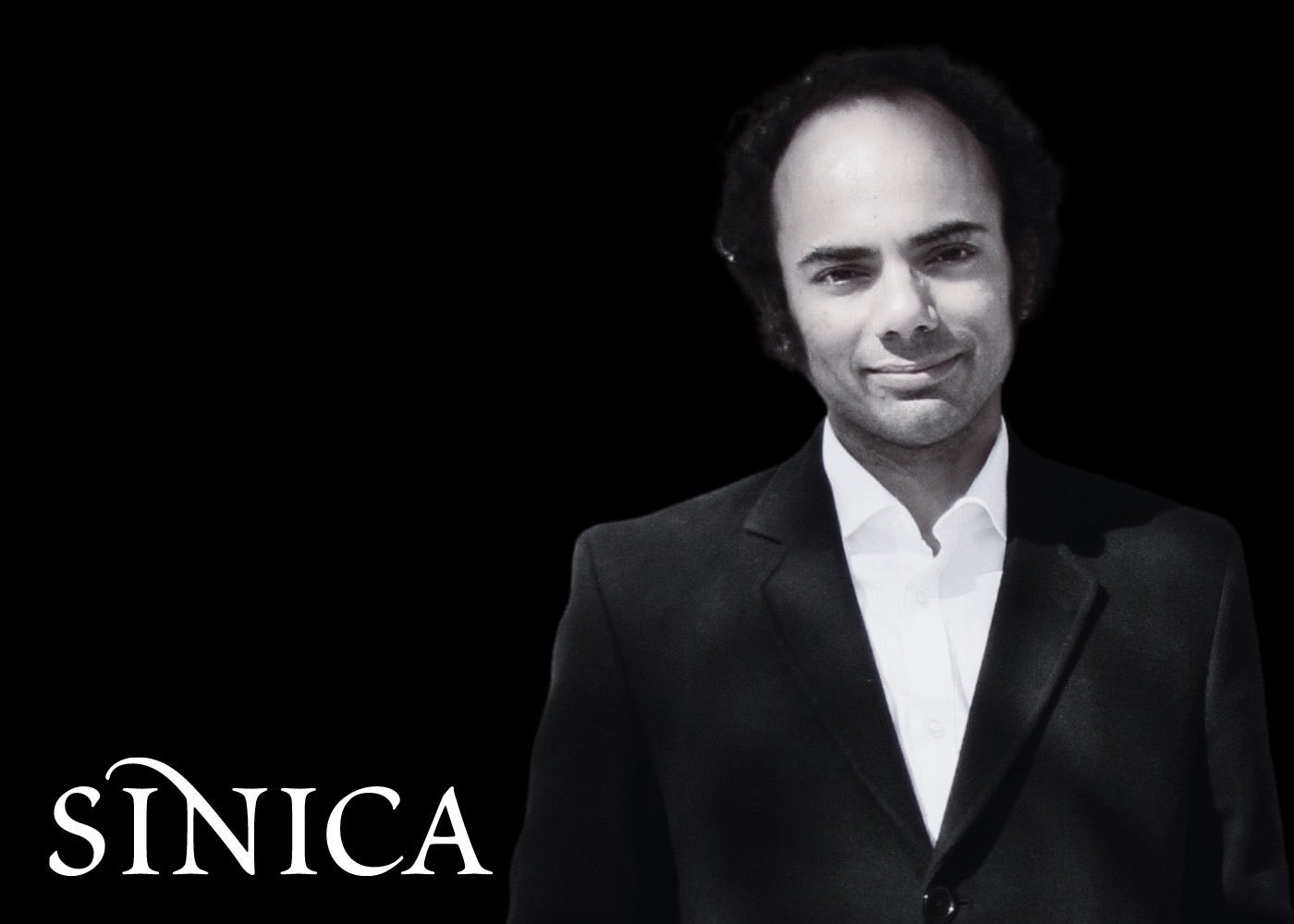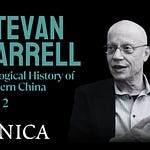This week on Sinica, I chat with Sulmaan Wasif Khan, professor of history and international relations at the Fletcher School at Tufts University, about his book The Struggle for Taiwan: A History of America, China, and the Island Caught Between, which comes out on May 14.
4:28 — The Cairo Agreement
6:59 — General George Marshall, George Kennan, and the change in the idea of American trusteeship of Taiwan?
17:08 — The debate over the offshore islands of Kinmen and Matsu
23:55 — Mao’s evolving interest in Taiwan
27:49 — The averted crisis of 1962
32:06 — Peng Ming-min and the Taiwan independence movement
37:14 — What changed in 1971?
42:51 — The legacy of Chiang Ching-kuo
45:14 — The story of Lee Teng-hui
52:37 — The change within the Kuomintang
1:00:11 — Why Taiwan has become “sacred” for China
1:10:26 — Sulmaan’s own narrative shift
1:13:26 — Chen Shui-bian and the threat of independence referendums
1:17:53 — The Sunflower Movement
1:25:21 — The causal direction of Taiwan’s importance in the U.S.-China relationship
1:28:32 — Why the status quo shifted
1:30:51 — Drawing parallels between Taiwan and Ukraine
1:33:26 — Sulmaan’s sources for his book
1:35:38 — Agency versus structure
1:39:29 — Feedback (so far) on the new book and what’s next for Sulmaan
Recommendations:
Sulmaan: Emily Wilson’s translation of The Iliad
Kaiser: The “My China Priors” series (and other essays), available on the Sinica Substack; Angus Stewart’s essay, “Alien Bless You: A Review of Netflix’s 3 Body Problem”
















The Struggle for Taiwan